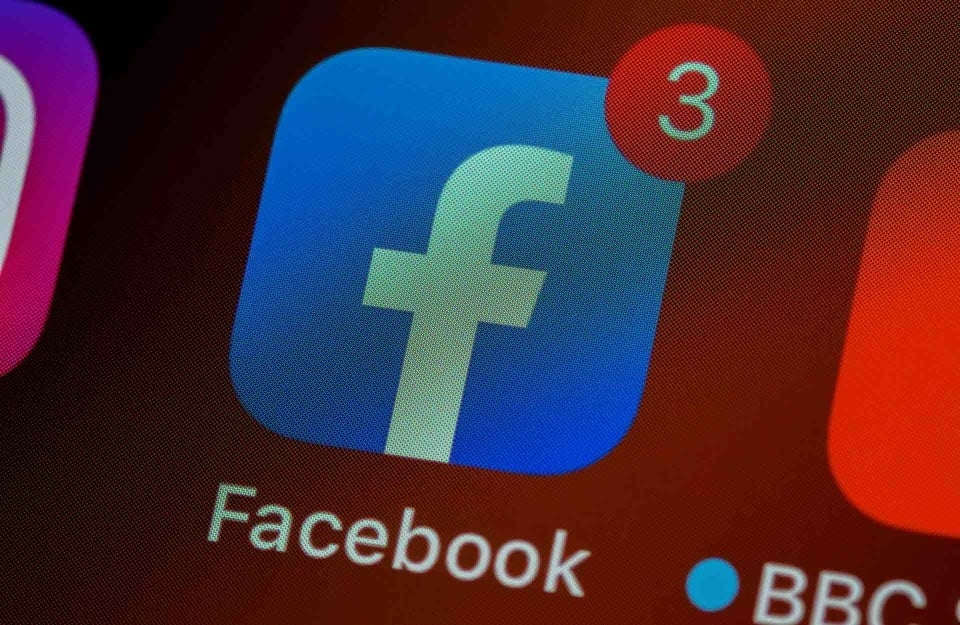FactCheck.org to Work With Facebook on Exposing Viral Fake News
FactCheck.org is among several fact-checking organizations that will help to identify and label viral fake news stories.

Photo Credit: Brett Jordan / Unsplash
FactCheck.org, the nonpartisan, nonprofit consumer advocate for voters, is among several fact-checking organizations that will work with Facebook in helping to identify and label viral fake news stories flagged by readers on the social media network.
Facebook’s initiative responds to a swell of public concern over fake news. It enables Facebook users to report questionable stories in their news feed, alerts outside fact-checking organizations of concerns, and asks whether the fact-checkers have determined the stories to be false. Stories found to be false may be flagged as “disputed” in Facebook’s news feed, appear lower in the news feed, and be accompanied by a link to a fact-checking post about the story, according to Facebook.
FactCheck.org’s core mission is to “reduce the level of deception and confusion in U.S. politics.” But it has also been exposing false viral claims since the 2007 launch of its Ask FactCheck feature answering readers’ questions, said FactCheck.org director Eugene Kiely.
“We are pleased to work with Facebook to help combat fake news to the extent that we can,” Kiely said. “We have been writing about viral chain emails and fake news about politics for nine years.” But he also cautioned that “we have limited resources, and our primary mission is to fact-check statements made by politicians.”
Kiely said FactCheck.org will be notified of stories that have been marked by Facebook users as suspicious and will provide Facebook with links to fact-checking stories if it has debunked those false claims. Other fact-checking organizations that have agreed to work with Facebook are PolitiFact, ABC News, and Snopes.com.
The Webby Award-winning FactCheck.org was founded in 2003 at the Annenberg Public Policy Center (APPC) of the University of Pennsylvania by journalist Brooks Jackson and APPC director Kathleen Hall Jamieson.
Although fake viral claims have long been circulated, fake news stories exploded on social media during the 2016 presidential campaign. Under the names of fake news organizations, writers based in Russia and Macedonia as well as the United States have produced scores of bogus stories that proliferated across the Internet and social media, generated thousands in ad revenue and altered the public conversation about what is and is not true.
In a post on Facebook following the election, Facebook CEO Mark Zuckerberg said that of all the content on the social media site, “only a very small amount is fake news and hoaxes” and that it was “extremely unlikely hoaxes changed the outcome of this election in one direction or other.” He added, “That said, we don’t want any hoaxes on Facebook.”
In an open letter to Zuckerberg on November 17, a group of prominent fact-checking organizations, including FactCheck.org, responded: “We believe that Facebook should start an open conversation on the principles that could underpin a more accurate news ecosystem on its News Feed. The global fact-checking community is eager to take part in this conversation.”
Among the viral fake news stories recently debunked by FactCheck.org were ones claiming that Pope Francis had endorsed Donald Trump and that President Obama had signed an executive order banning the pledge of allegiance. Both are false.
FactCheck.org recently posted a story on how to spot fake news and a video on spotting fake news. Kiely answers questions about the initiative here. To read Facebook’s post about this, click here.
For more information, contact Eugene Kiely, FactCheck.org (eugene.kiely@factcheck.org; 215-898-2372) or Michael Rozansky, Annenberg Public Policy Center (michael.rozansky@appc.upenn.edu; 215-746-0202).
Media Contact
Michael Rozansky
(215) 746-0202
michael.rozansky@appc.upenn.edu



